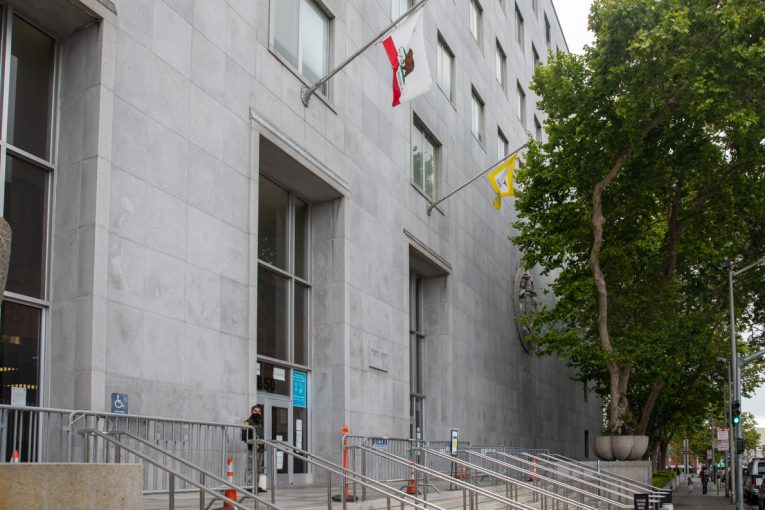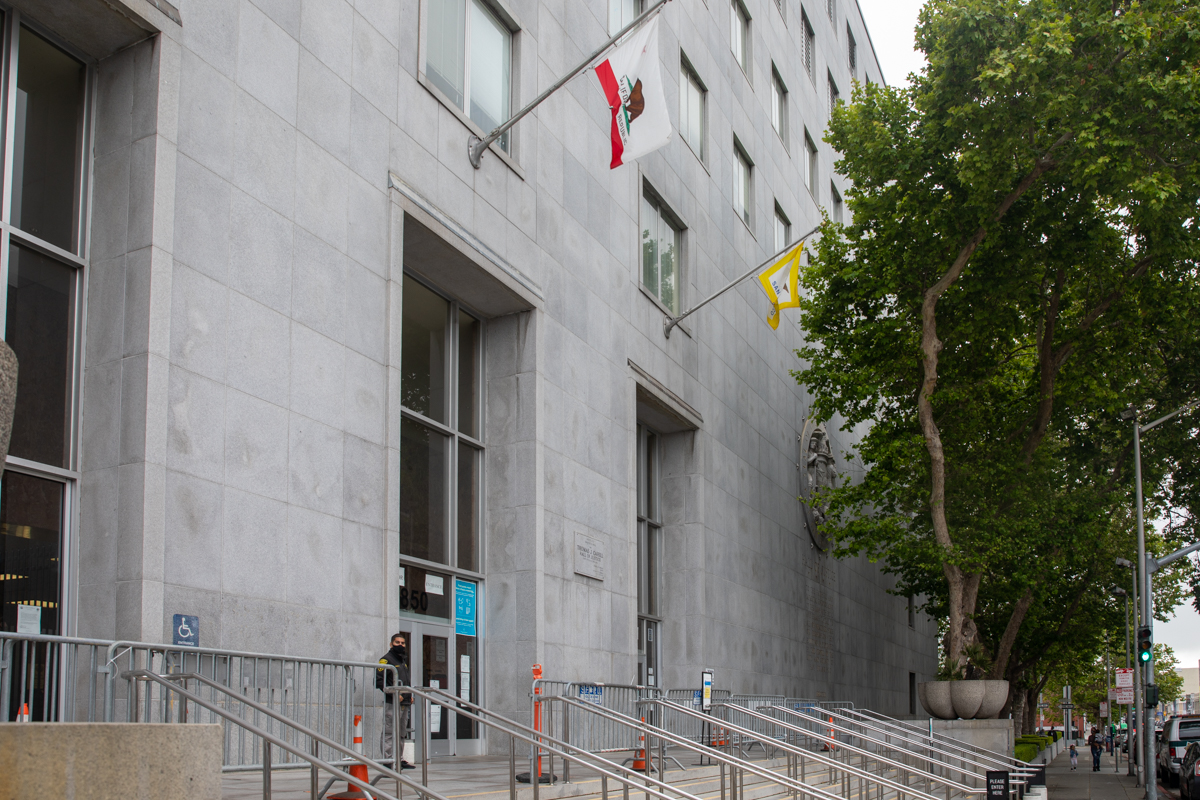

By Natasha Pawar
SAN FRANCISCO, CA – Just before leaving for a long 4th of July weekend, the California Senate Public Safety Committee passed AB 1452 to establish a pilot program coined “Be the Jury.”
Authored by Phil Ting (D-SF), this is a new, one-of-a-kind program being introduced to the San Francisco Superior Court, which is set to compensate lower-income jurors $100 a day for their service.
The goal of this, as authored by Assemblymember Ting, is to make juries representative of the diverse community present in San Francisco.
Research done by the Administrative Office of the Courts of California finds that 35 percent of jurors report financial hardship when called for jury service. This is despite Californian law which mandates that employers give adequate time off to individuals summoned to serve (although compensation is not required).
When a juror’s employer does not provide compensation while they are serving, jurors can earn only $15 every day after the first day. An estimated two-thirds of employers actually provide minimal compensation to their employees.
The bill is supported by numerous people, one of them being José Cisneros, San Francisco Treasurer, who believes the program “will make the civic duty of serving on a jury accessible to all San  Franciscans, regardless of the size of their wallet.”
Franciscans, regardless of the size of their wallet.”
The goal is to relieve the financial burden that comes from serving in the jury, eliminating the otherwise nominal compensation and providing a more suited dollar amount. The diversity element is reflected in this, due to the correlation between ethnicity and income inequality.
According to the bill’s author, many of these individuals are unable to afford to participate in a jury due to economic hardships or inability to get time off work, thereby making the juries less racially diverse.
San Francisco Public Defender Mano Raju says, “I began raising this issue as a line deputy public defender, based on what we were seeing in court and based on what we were hearing from the community. After becoming the elected Public Defender of San Francisco, I approached the Treasurer and suggested this concrete step to address what is really a nationwide problem.
“After years of hard work, I am pleased that it has now evolved into a bill that will bring us one step closer towards providing fairer trials. It will also hopefully increase civic engagement opportunities for potential jurors who are otherwise deprived of the right to serve.”
Raju speaks to his experiences within his own office and with clients, wherein there have been juries that have not reflected the diverse community.
Chesa Boudin, San Francisco District Attorney, is another co-sponsor of AB 1452, and believes, “Justice and fairness demand that the jurors tasked with making decisions on behalf of the community actually reflect the diversity of our city. The pilot project established by AB 1452 would be an important step towards advancing diverse jury pools in San Francisco.”
Bill author Ting said, “Economic hardship shouldn’t deter people from serving on juries. On top of lost wages, the $15 per day that jurors are paid barely covers their transportation and meal expenses. Higher compensation for jury duty will help ensure that our jury pools are more reflective of the communities they are serving. This legislation helps put us on a path to more diverse and inclusive juries.”
The program is set to compensate those in criminal trials in San Francisco Superior Court for the entirety of the pilot program. Eligibility requires that jurors have a household income less than 80 percent of the Area Median Income ($71,700 for a single person; $102,500 for a household of four).
They must also attest to the following: (1) no compensation provided by employer for jury service, (2) no compensation provided by employer for estimated duration of service, (3) self-employed persons or (4) unemployed persons.
An evaluation is set for the last day to further determine the future of the program. Currently, the pilot is funded by philanthropic dollars raised by the Treasurer’s Financial Justice Project.

